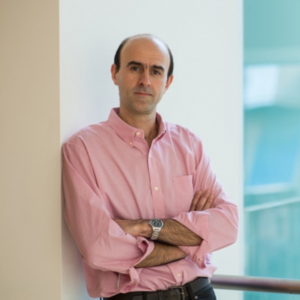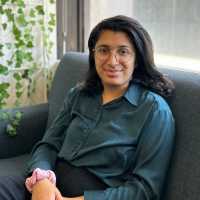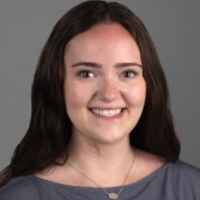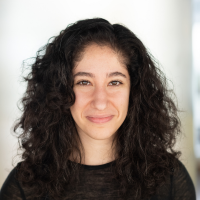Mehrdad Jazayeri, Ph.D
Investigator, McGovern Institute for Brain Research
Professor, Department of Brain and Cognitive Sciences
Director of Education, Department of Brain and Cognitive Sciences
Massachusetts Institute of Technology
Postdocs
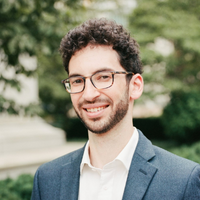
Gabriel Stine, Ph.D
Gabriel is interested in the computational principles that underlie cognitive processing and in the biological principles that govern how computation is achieved by neural circuits. His research is focused on cortical, subcortical, and cerebellar interactions during learning. Gabriel received his PhD from Columbia University where he studied the neurobiology of perceptual decision making.
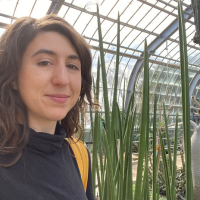
Zoe Boundy-Singer, Ph.D
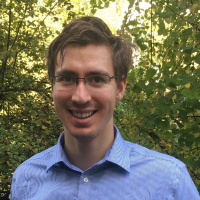
Nicholas Watters
Graduate Students
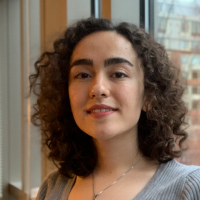
Setayesh Radkani
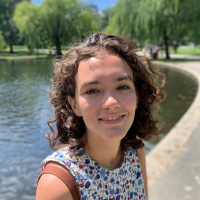
Aída Piccato
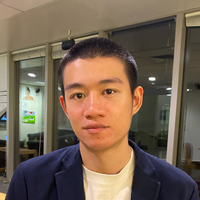
Cheng Tang

Hokyung Sung
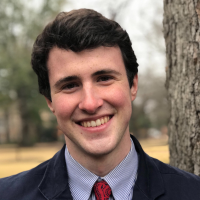
Jack Gabel
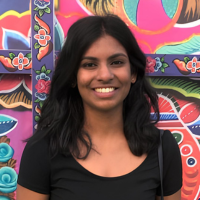
Meghana Potta
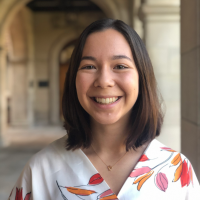
Sol Markman
Sol is interested in how humans and animals actively seek out information to make inferences and resolve uncertainties about the hidden states of the world. How do we decide which information is worth our time, energy, and cognitive effort to pursue? She hopes to gain insights about the neural circuitry and dynamics that support the computations underlying these flexible information-seeking behaviors.
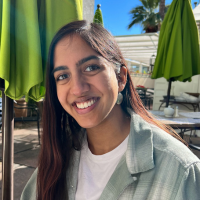
Nikasha Patel

Kanishka Mitra
Kanishka Mitra is a PhD student in EECS at MIT. His research focuses on how neural mechanisms in the brain support hierarchical planning and task decomposition—organizing goals and subgoals to solve complex problems. He studies how the brain builds and applies inductive biases to enable efficient problem-solving and generalization. By bridging neuroscience and machine learning, his work aims to inspire the design of more robust, efficient, and generalizable reinforcement learning algorithms.
Collaborators
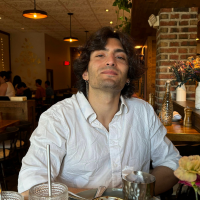
Valmiki Kothare
Robotics Engineer – Tabletop Project
Valmiki is interested in the intersection of neuroscience and robotics, from brain-computer interfaces to the study of the human brain as inspiration for robust, sample-efficient reinforcement learning in robot reasoning and motion. In his current role as Robotics Engineer for the Tabletop Project, Valmiki is designing the robotics control software and sensor data collection/processing pipeline that will automate electrophysiology experiments on physical reasoning tasks. Valmiki received his Master’s degree from Carnegie Mellon University, where his research focused on multi-objective path planning and multi-agent collaboration using reinforcement learning.
Other Research Personnel
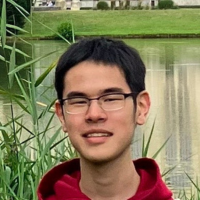
Lucas Shoji
UROP Student
Lucas recently transitioned from a background in physics to neuroscience, driven by his curiosity about how the mind works, how it is rooted in the brain, its relationship with modern AI, and the intersections between these questions. He likes the dynamical systems approach and works with Hokyung to implement contextual inference in neural circuits.
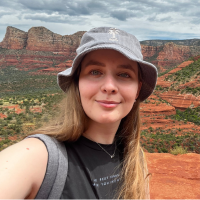
Vlada Petrusenko
MEng Student
Vlada is interested in the intersection of EECS and Neuroscience and development of physical devices that can facilitate neuroscience research. As a part of her project as an MEng student, she is working on the x-ray project that is aimed to improve the quality of neural recording experiments.
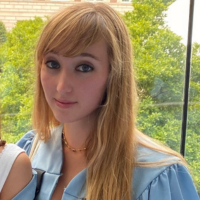
Chiara Caraccio
MD Student, HST Program
Chiara is interested in exploring questions at the intersection of neuroscience, artificial intelligence, and philosophy. She hopes to use tools from each discipline to probe the mind’s cognitive architecture. She is currently investigating the mental algorithms underlying short-term memory.
Lab Manager and Technical Associates
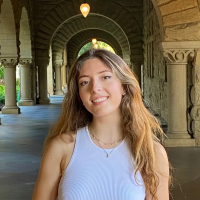
Adhara Martellini
Lab Manager
Adhara is broadly interested in the neural basis of cognition and the mechanisms that underlie complex and creative behaviors. She is also curious about innovative brain-interfacing technologies and about addressing questions at the intersection of philosophy of mind, computational modeling and neuroscience.
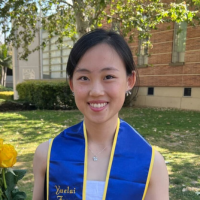
Yuelai (Mollie) Feng
Technical Associate I
Mollie is interested in the neural codes that shape our fundamental human experience—including spatiotemporal perception, memory, abstraction, and decision-making. She would like to explore these topics with electrophysiology experiments and dynamical systems modeling.
Victor de Lafuente
National Autonomous University of Mexico
Ila Fiete
Massachusetts Institute of Technology
Stefano Fusi
Columbia University Medical Center
Valerio Mante
University of Zurich
Srdjan Ostojic
École de Neurosciences Paris
Maneesh Sahani
University College London
Rebecca Saxe
Massachusetts Institute of Technology
Krishna Shenoy
Stanford University
David Sussillo
Stanford and Google AI
Josh Tenenbaum
Massachusetts Institute of Technology
Postdoctoral Research Supervised (primary supervisor)
Mahdi Ramadan, PhD (2024-2025)
Aran Nayebi, PhD (2022-2024)
Sujaya Neupane, PhD (2018-2024)
Hansem Sohn, PhD (2015-2023)
Michael Yoo, PhD (2020-2022)
Rishi Rajalingham, PhD (2019-2022)
Egger, Seth, PhD (2013-2019)
Remington, Evan, PhD (2014-2019)
Wang, Jing, PhD (2013-2018)
Narain, Devika, PhD (2015-2017)
Aghdaee, Mehdi, PhD (2013)
PhD Students Supervised (primary supervisor)
Nicholas Watters (2025)
Mahdi Ramadan (2024)
Alexandra Ferguson (2023)
Eli Pollock (2022)
Morteza Sarafyazd (2021)
Nicolas Meirhaeghe (2021)
Visiting Members
Mahdi Afsari, UROP Student (2024)
Albert Qin, UROP Student (2023)
Olivia Gozel, Ph.D (2023)
Isabella Milanes, MSRP Summer Intern (2023)
Adam Gosztolai, Ph.D (2023)
Jason Li, , UROP Student (2022-2023)
Xiaomei Fan, SCGB Fellow (SURF Program) (2022)
Sandy Wang, SCGB Fellow (SURF Program) (2022)
Chisom Ume, SCGB Fellow (SURF Program) (2022)
Clara Melhem, SCGB Fellow (SURF Program) (2022)
Dagim Belete (2021)
Shadi Tasdighi Kalat (2019)
Xiang Li (2017)
Lucy Lai, CSNE (2016)
Elliot Nauert, MSTP CBMM (2015)
Vivian Liu, MSRP (2014)
Chau Vu, UROP, MIT (2013)
Staff
Neelima Valluru (2022 – 2024)
Jack Gabel (2021-2023)
T. Vincenza Parks (2016-2020)
Adam Akkad (2017-2020)
Eghbal Asl Hosseini (2015-2016)
Rossana Chung (2013-2018)

